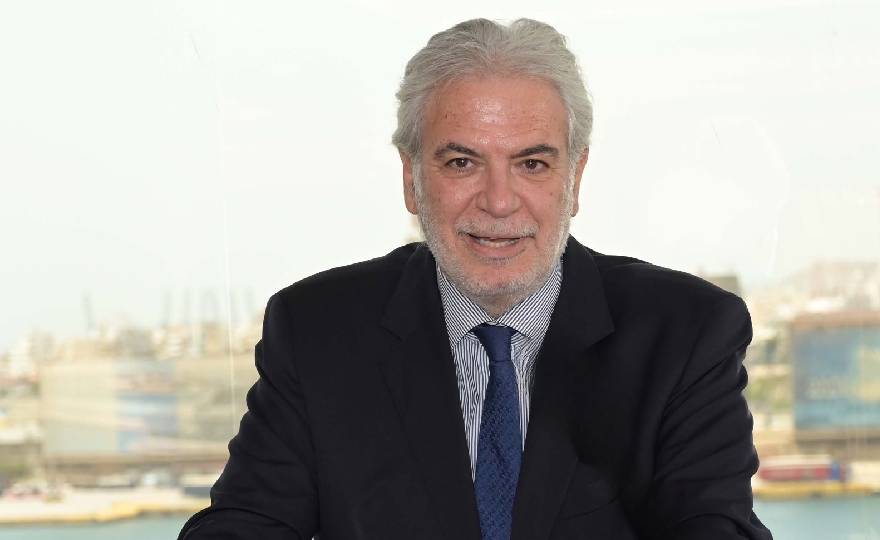Greece is a country whose history and modern economy are linked with shipping.
Greece lives by the sea, for the sea, because of the sea.
To ensure the sustainability of the sector, significant challenges need to be addressed such as decarbonisation, digitalization, the pro- motion and support of its human capital as well as geopolitical tensions. We, as decision makers need to tackle these challenges and turn them into opportunities.
Shipping’s transition to a “carbon free” era is one of the greatest challenges of the sector. Greece is an advocate for the adoption and application of global uniform rules through the International Maritime Organisation (IMO) and we consider that the “2023 IMO Strategy on the reduction of GHG emissions from ships” provides a solid pathway to follow in order to further elaborate our actions to reach a carbon neutral shipping by around 2050. Time is of essence and we must seize this opportunity and work together within the IMO, with flexibility and an open mind, to achieve realistic mid – term operational and fair economic measures that will shape the global maritime landscape in the years to come. In addition, I would like to highlight the issue of financing the appropriate investments needed. It is clear that a blend
of financial instruments — both private and public — will be required. At the same time, funds generated by global mar- ket – based measures, should be used wisely and equitably: to help states, especially vulnerable ones , build the necessary infrastructure for the green transition and at the same time to support the industry itself.
In parallel, if we want to make shipping’s energy transition successful, we have to ensure the worldwide availability of safe and affordable low and zero carbon fuels. It is, therefore, crucial to gradually pass from the current uncertainty to a predict- able environment that will guide future investments and ensure that they will reasonably pay – off.
Taking into account the above, all stakeholders have to work together to find the best possible ways for the most radical transformation ever happened in shipping. That is the reason we strongly support initiatives, such as the Clean Energy Marine Hubs initiative of ICS, to coordinate and join decarbonisation efforts from ports, shipping companies and energy firms. This is a prime example of how collaboration for a common cause can drive positive change.
Moreover, we should ensure that technological developments will not lead to social dumping or reduction of employment posts in the shipping industry, which cannot exist without skilled professionals. Our seafarers are a wealth of knowledge and expertise, inside and outside the EU, and their protection and preservation should be considered as a core priority for the years to come.
Last but certainly not least, we need to address the impact on the maritime sector of geopolitical tensions around the world. Attacks against ships and seafarers threaten not only the regular flow of world trade, but most importantly, the lives of innocent seafarers. Therefore, such actions constitute an unaccepted breach of international law and the freedom of navigation, which we condemn in the strongest possible terms.
Shipping is and will continue to be, a major growth driver. As the saying goes: “without shipping, half of the globe would starve and half would freeze”. It is a fact that people do not know much about the actual contribution of shipping to our societies’ well – being. We need to change this. We need to better promote and explain why shipping is the most effective and sustainable means of mass transportation, an employment and growth enabler. We, also, need to secure the necessary prerequisites for shipping to continue to serve our transportation needs in an effective manner. Global rules and open maritime markets should guide all our efforts.
*Minister of Maritime Affairs and Insular Policy


